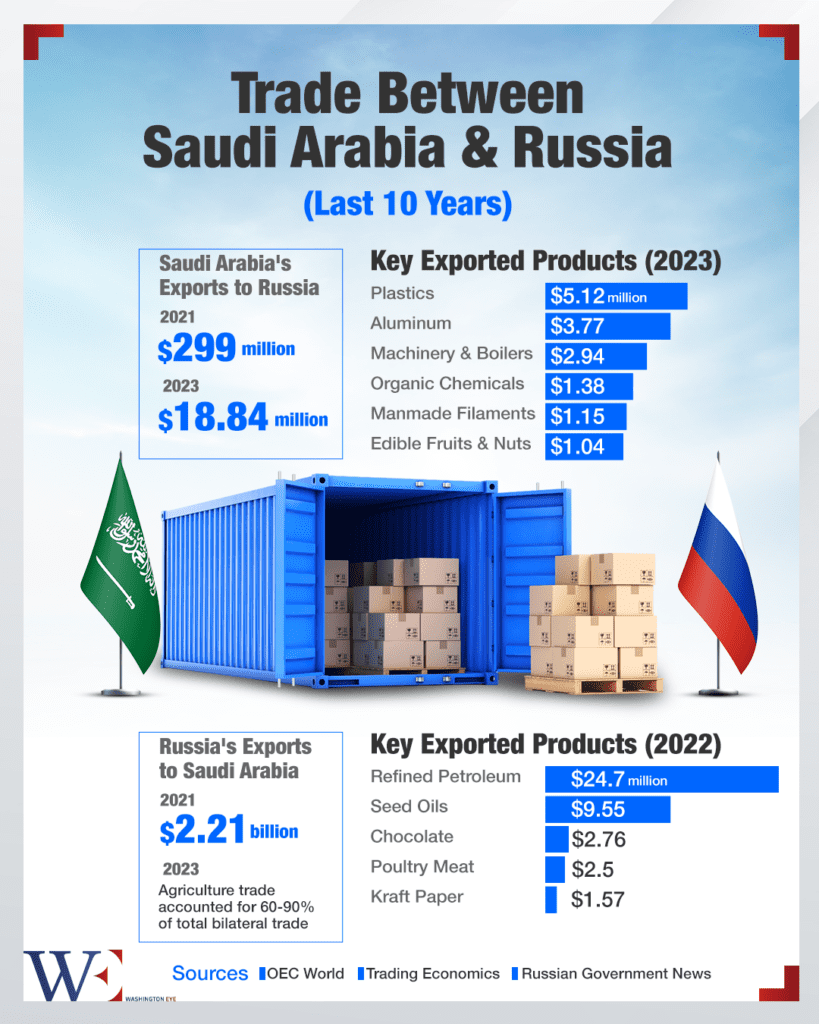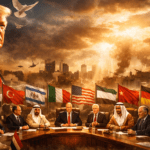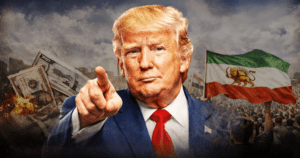Saudi Arabia has recently positioned itself as a pivotal player in international diplomacy by hosting direct peace talks between the United States and Russia concerning the Ukraine conflict. This strategic move underscores Riyadh’s ambition to enhance its global influence and mediate in complex geopolitical disputes.
Saudi Arabia’s Motivations
The decision to host these talks in Riyadh instead of Geneva or another neutral European venue is deliberate and politically significant. Saudi Arabia has aggressively sought to position itself as a diplomatic heavyweight under Crown Prince Mohammed bin Salman, moving beyond its traditional role as an oil exporter to becoming a key player in conflict mediation.
Moreover, the Biden administration had a rocky relationship with Saudi Arabia due to past human rights concerns, but Trump’s return to office has rekindled stronger U.S.-Saudi ties. This allowed Riyadh to leverage its position as a mediator, reinforcing its reputation as a diplomatic hub for global power struggles.
Implications for Middle East Geopolitics
Hosting the U.S.-Russia talks allows Saudi Arabia to showcase its diplomatic capabilities and influence in the Middle East. This development may alter regional power dynamics, positioning Riyadh as a central mediator in international conflicts and potentially redefining alliances and partnerships within the region.
The UAE’s Subtle Role in Shaping Middle East Diplomacy
While Saudi Arabia is hosting the negotiations, the United Arab Emirates (UAE) has been quietly maneuvering in the background. Ukrainian President Zelenskyy has sought diplomatic support from the UAE, hoping to counterbalance the influence of Russia-friendly Gulf nations.
The UAE has historically maintained strong ties with both Russia and the West, making it a valuable behind-the-scenes actor in these discussions. Analysts speculate that the UAE is trying to position itself as a key intermediary for future energy and arms negotiations, possibly securing favorable trade deals from both Washington and Moscow.
What This Means for U.S. Foreign Policy in the Middle East
The shift of U.S.-Russia talks to the Middle East signals a larger geopolitical shift. It reinforces Saudi Arabia and the UAE’s roles as diplomatic power brokers, while also reflecting a U.S. pivot toward leveraging Middle Eastern alliances in global diplomacy.
Additionally, this move serves Washington’s broader strategic interests—reducing European involvement in negotiations while reaffirming its influence in the Gulf region. The choice of Saudi Arabia can also be interpreted as a way to counterbalance Chinese influence, given that Beijing has recently deepened ties with both Moscow and Riyadh.
Final Note: Saudi Arabia and the UAE as the New Mediators
By hosting these negotiations, Saudi Arabia has cemented its position as a serious global diplomatic actor. The UAE’s engagement further highlights how Gulf nations are now central to managing conflicts that extend beyond the Middle East.
This shift in diplomatic venues—from traditional Western settings to the Gulf—reflects a changing world order, where regional powers like Saudi Arabia and the UAE are taking a leading role in global negotiations.
















